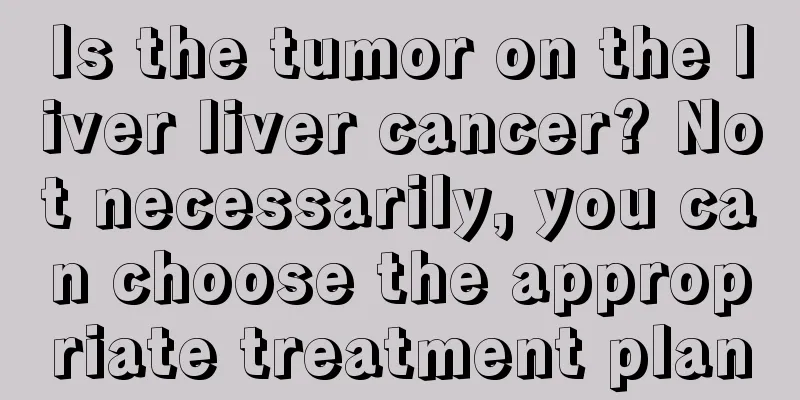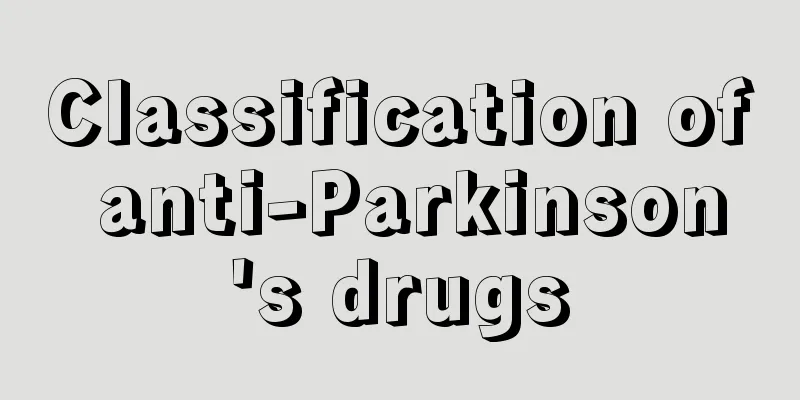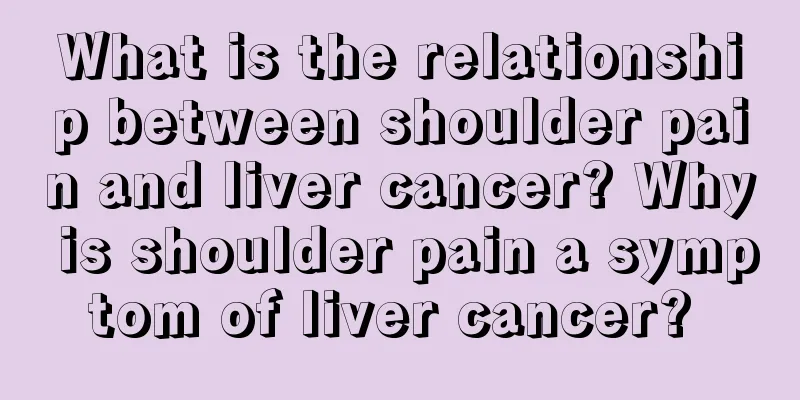What are the complications of late stage nasopharyngeal carcinoma?

|
In daily life, if you find symptoms of nasopharyngeal cancer, you should diagnose whether you have nasopharyngeal cancer. However, for the health of nasopharyngeal cancer patients, I hope everyone will pay attention to the symptoms of nasopharyngeal cancer as soon as possible, treat nasopharyngeal cancer symptomatically as soon as possible, and be healthy both physically and mentally as soon as possible. 1. Headache, tinnitus, and nasal congestion are the most common symptoms of late-stage nasopharyngeal carcinoma: (1) Headache: It is one of the most common clinical manifestations of late-stage nasopharyngeal carcinoma. Patients often experience persistent unilateral pain, mostly on the top of the face. (2) Tinnitus and hearing loss: In patients with nasopharyngeal carcinoma, tumor infiltration and compression of the Eustachian tube create negative pressure in the tympanic cavity. (3) Nasal congestion: As cancer cells continue to spread, the tumor invades the posterior nares or nasal cavity, causing obvious nasal congestion symptoms. 2. Symptoms of late stage nasopharyngeal cancer may include visual impairment, bloody discharge or nasal obstruction: (1) Visual impairment: When nasopharyngeal carcinoma tumor cells invade the eye socket or nerves related to the eyeball, the patient may experience visual impairment, exophthalmos, diplopia, and restricted eye movement. (2) Bloody discharge or nasal obstruction: Since the tumor blood vessels in the nasopharyngeal cavity are relatively fragile and the surface of the tumor is often covered with numerous membranes, there are symptoms of bloody discharge. In severe cases, there may be a lot of nasal obstruction. Bloody discharge often occurs in the morning, with bloody discharge from the mouth. The amount of blood is small and easy to be ignored. In the late stage, the amount of bleeding may increase, and in severe cases, anemia may occur. 3. Symptoms of late stage nasopharyngeal carcinoma may also include strabismus and diplopia: In addition to the above symptoms, nasopharyngeal carcinoma in the late stage may also cause double vision when looking outward due to tumor invasion of the abducens nerve; cancer cells invade the trochlear nerve, which may cause strabismus and diplopia; nasopharyngeal carcinoma directly invades or lymph nodes metastasize to the posterior styloid process or hypoglossal nerve canal, causing the hypoglossal nerve to be invaded, causing the tongue to deviate to the affected side, accompanied by atrophy of the tongue muscles on the affected side, etc. If patients with nasopharyngeal carcinoma have the above symptoms, it indicates that the disease is in the late stage and should be given timely and effective symptomatic treatment. The above content is an explanation of the symptoms of nasopharyngeal carcinoma. Do you already understand the symptoms of nasopharyngeal carcinoma? Be familiar with the delayed complications of nasopharyngeal carcinoma and provide reasonable and effective care, so as to turn "defeat" into "victory." |
<<: What are the early symptoms of nasopharyngeal carcinoma
>>: Early symptoms of nasopharyngeal carcinoma
Recommend
How to make bangs look good
Every boy and girl has bangs and hairstyle that s...
How to recover quickly after a coccyx fracture, do you do it this way?
Coccyx fracture is a common accident in life. If ...
What are the differences between cervical spondylosis and lumbar spondylosis?
Cervical spondylosis and lumbar spondylosis are c...
Reasons for heart bypass surgery
Most people's understanding of heart bypass s...
How to remove mud spots on white clothes?
Most people have white clothes or pants in their ...
Can I take a sauna when I have a fever?
Friends who like to go to the sauna need to pay a...
Can Houttuynia cordata be eaten and what are its effects
Our male friends may have less exposure to Houttu...
The difference between sesame oil and sesame oil
In fact, sesame oil can also be called sesame oil...
The pros and cons of removing eye bags, comparison of several methods
If there are obvious eye bags, you will look very...
Treatment methods after thyroid cancer surgery
Treatment after thyroid cancer surgery: Postopera...
What to do if synovitis recurs
Although in most people's eyes, synovitis doe...
How to treat patients with advanced lung cancer? Four treatments for advanced lung cancer can prolong life
When it comes to lung cancer, I believe many frie...
How to exercise for bladder cancer
People do not pay much attention to the early sym...
Introduction to essential oil skin care steps
In fact, everyone loves beauty, whether it is fem...
Is it useful to stay up late and make up for sleep during the day?
Nowadays, many young people often stay up late. S...









